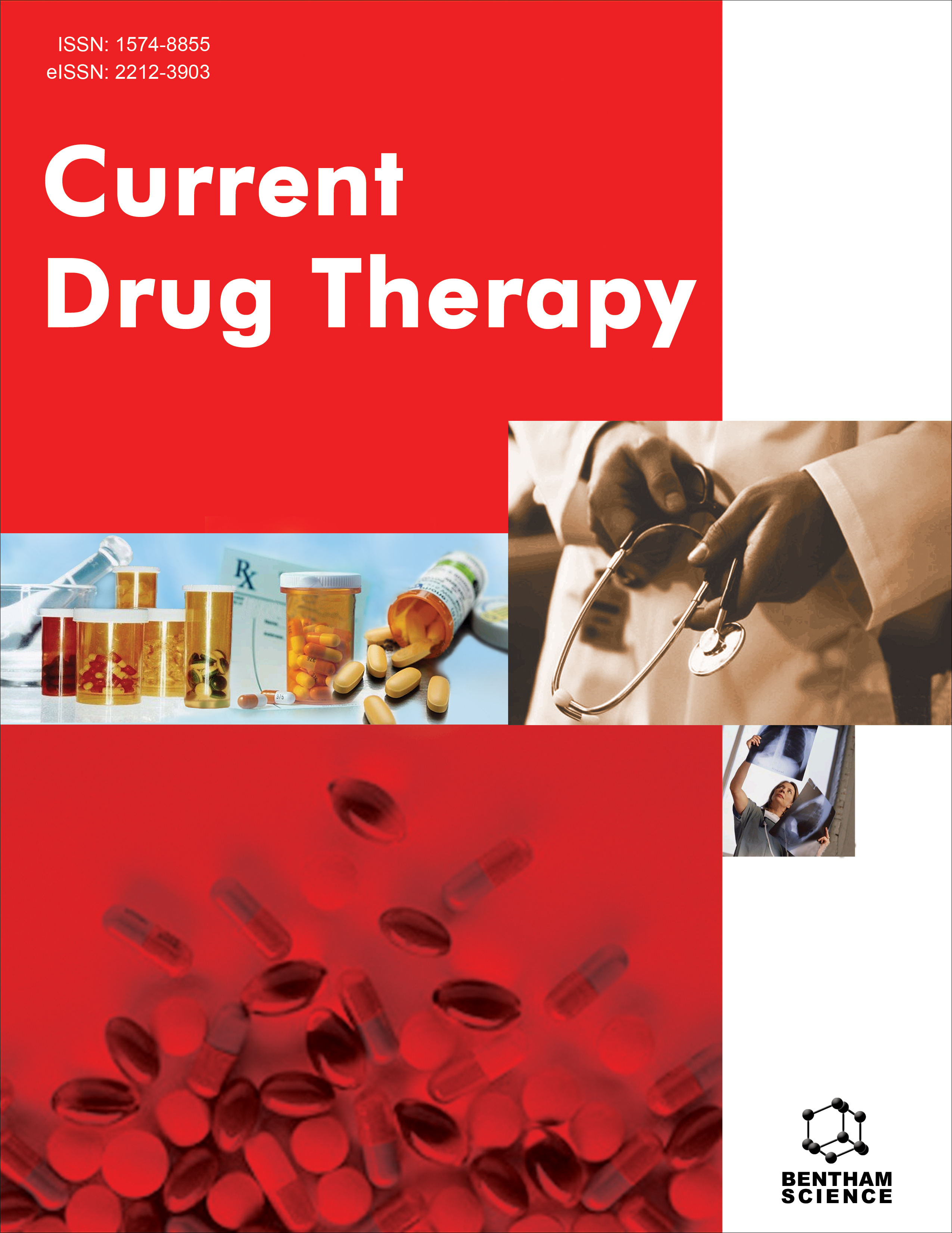-
s Pathophysiology and Management of Atopic Dermatitis: A Laconic Review
- Source: Current Drug Therapy, Volume 15, Issue 4, Aug 2020, p. 321 - 336
-
- 01 Aug 2020
Abstract
Atopic Dermatitis (AD) is long-lasting degenerating skin disease with a characteristic phenotype and stereotypically spread skin lesions. The AD results due to a complex interface among genetic factors, host’s surroundings, pharmacological anomalies and immunological factors. In previous decades, researchers had shown marked interest due to increased prevalence in developed countries. In this review, basics along with the advances in pathogenesis and management of AD have been discussed. The immunological factors i.e. Innate Lymphoid Cells, IL-22 and Toll-like receptors have an important role in the pathogenesis. The proactive topical therapy by skincare, topical glucocorticosteroids and calcineurin inhibitors have improved effect in the management of AD. The human monoclonal antibody-based systemic drug (Duplimab) is a considerable advancement in the management of AD. Other monoclonal antibody-based drugs (Lebrikizumab, Tralokinumab, Apremilast and Nemolizumab) are in different phases of clinical trials. A better understanding of genetics and immunoregulatory cascade will lead to the development of efficacious drugs and better management therapy preventing the relapse of flares and improved life quality of AD patients.


